Full Immersion: A Q&A With Shane Jones
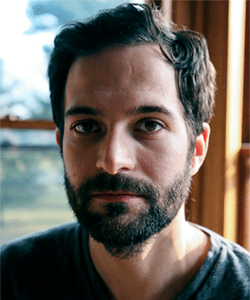
The author of Vincent and Alice and Alice discusses the challenge of plot and character development, the pros and cons of indie publishing, and what new risks he took in his new novel.
Jump to navigation Skip to content
Articles from Poet & Writers Magazine include material from the print edition plus exclusive online-only material.

The author of Vincent and Alice and Alice discusses the challenge of plot and character development, the pros and cons of indie publishing, and what new risks he took in his new novel.
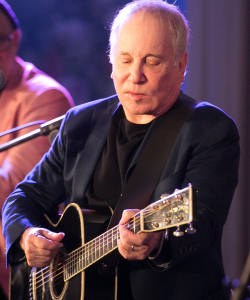
The Poetry Society of America honored its longtime executive director, Alice Quinn, and singer-songwriter Paul Simon at its annual benefit.
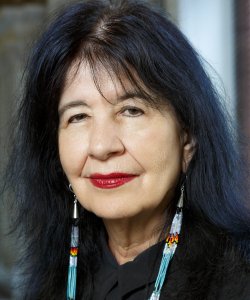
Joy Harjo has been named the twenty-third Poet Laureate of the United States.

The author uses the 1965 novel Stoner as a catalyst for sharing his own struggles as a writer, father, and husband grappling with his own mortality.

The author of the New York Times best-sellers Swamplandia! and Vampires in the Lemon Grove talks about her new story collection, Orange World.

The editors stepped down after seventeen years at the nation’s oldest poetry journal.
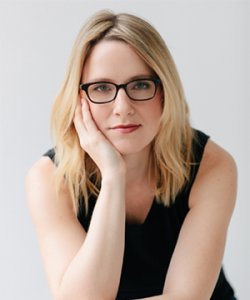
The editor of What My Mother and I Don’t Talk About discusses the mother wound, the importance of writing our bodies, and editing some of her favorite writers.

Adrian Matejka, Robin Coste Lewis, and Paisley Rekdal are among the thirteen recipients of the inaugural Poets Laureate Fellowships.

Richard Blanco’s new book, How to Love a Country, questions the very makeup of the American narrative, and ultimately asks what it means to be American.
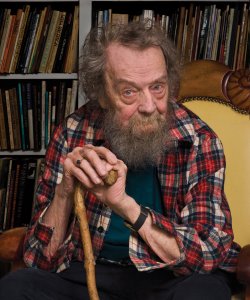
After the death of Donald Hall, on June 23, 2018, a poet says goodbye to his mentor and friend.

The search is underway for the next executive director of the Cave Canem Foundation.
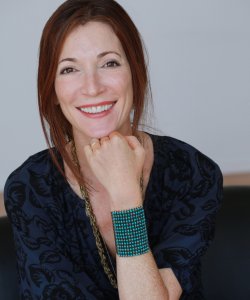
A best-selling author offers some light-hearted tips for authors crafting those obligatory pages at the front and back of their books.

In his new memoir, Survival Math, Mitchell S. Jackson examines his own life and the men who shaped it, exploring the complexities of family, fatherhood, and America.

The author of six books, including most recently the novel Bowlaway, out this month from Ecco, talks family, myth, feminism, humor, and the stories we inherit.
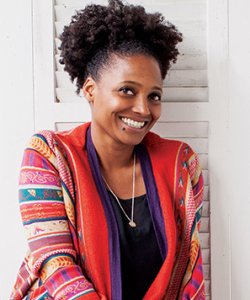
Hosted by Tracy K. Smith, the daily poetry podcast The Slowdown will be syndicated on several public radio stations across the country.
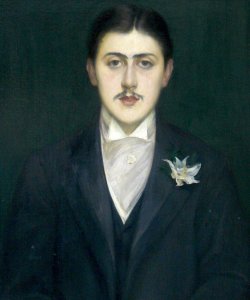
A novelist takes the election of a new president and her subsequent move to Canada as an opportunity to fully immerse herself in a great work of literature.

Brian Turner is best known for his award-winning poetry collections and memoir about the Iraq War, but with his new project he has pushed into an entirely new dimension of creative expression.

In a continuing series on international writing communities, contributing editor Stephen Morison Jr. spends time with authors and publishers in Bogotá, Colombia.
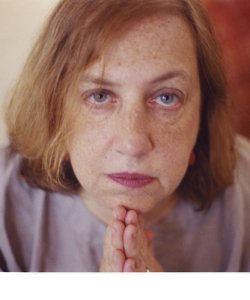
New York City–based independent press Four Way Books celebrates twenty-five years.
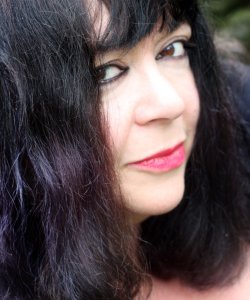
The author of Still Life With Two Dead Peacocks and a Girl talks about her formative time at Hedgebrook, the relationship between poetry and the Internet, and more.
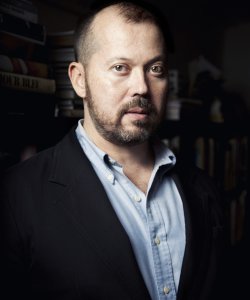
The novelist talks about his first essay collection, How to Write An Autobiographical Novel; how to keep working during bouts of self-doubt; and more.

Two novelists discuss the pleasures of reading and writing quiet books.

The vice president and editorial director of Riverhead Books on the art of editing.

The Pulitzer Prize–winning poet talks about his new book, Air Traffic: A Memoir or Ambition and Manhood in America.
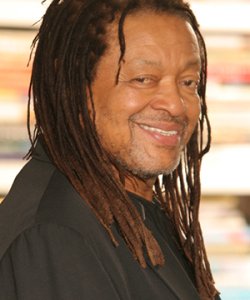
The editor of Black Renaissance Noire on the importance of publishing new and emerging writers.